Electric vehicles have grown in popularity around the world, and some of the credit has to go to federal tax incentives and rebates. Most countries offer some sort of incentive, but eventually, those programs will run out of funds. That’s exactly what happened in Canada earlier this month.
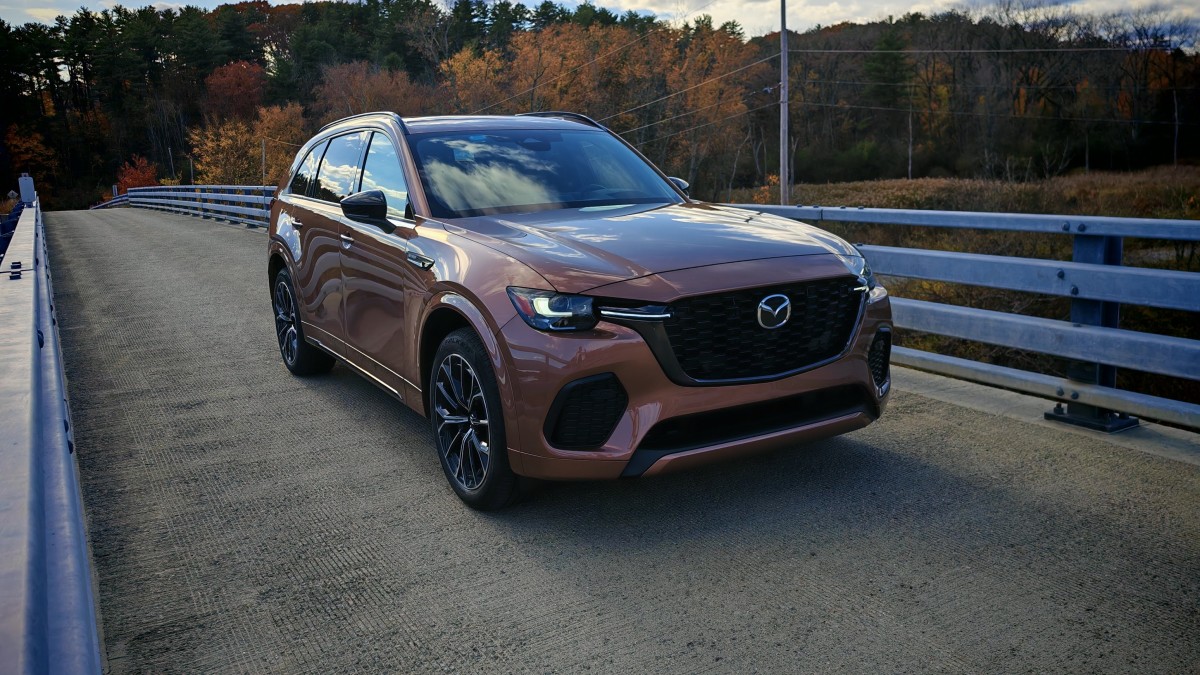
Dave McQuilling/AutoBlog
The program is not going to be extended after running out of funds two months early
Canada began implementing the Incentives for Zero Emission Vehicles (iZEV) program back in 2019, offering qualified buyers up to a $5,000 rebate when buying or leasing an electric vehicle. Since then, more than 546,000 vehicles have found new homes as a result of the program.
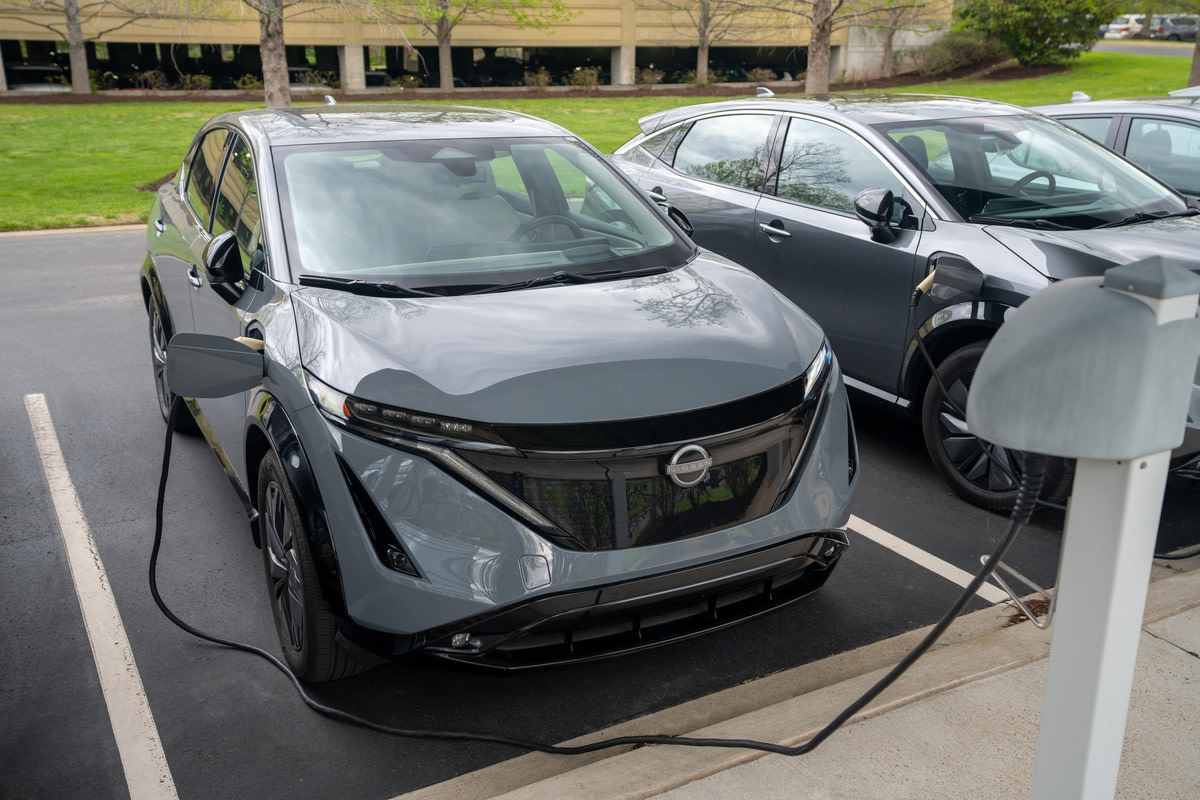
Nissan
With the programs’ implementation came new standards. 20% of all new vehicles sold in Canada must be electric by 2026, and by 2035, all new vehicles must be electrified. Now that funding has run out early, EV adoption is expected to suffer, which means automakers may struggle to hit those targets.
The iZEV program was expected to run through March 31st or until all of the funds were used. Now that the latter has come, the federal government has stated that it has no plans to extend the program.
Related: Genesis GV80 Desert Edition: Is this luxury SUV ready for Dakar?
In the first 11 months of 2024 alone, the program paid out more than $927 million towards 191,000 qualifying new EVs. Despite a refusal to extend the federal program by allocating additional funds, provincial subsidies remain available. Quebec’s incentive program, however, will be paused from February 1st to March 31st. Only time will tell whether that’s a sign provincial subsidies could be on the brink as well.
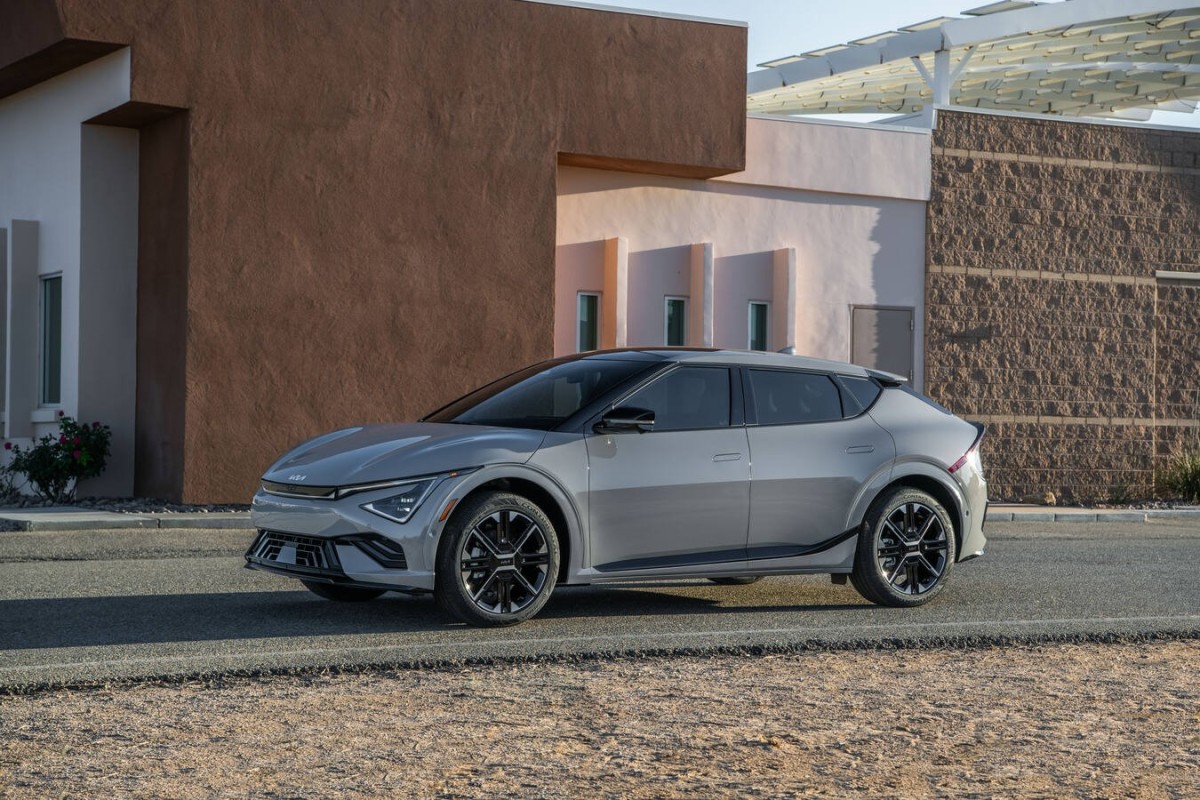
Kia
Automakers are offering temporary EV rebates
Needless to say, the sudden stall on federal EV rebates has automakers rushing to fill the gap. Many manufacturers are offering to match the incentive, although amounts and length of time may vary.
Honda Canada will match the $5,000 rebate on 2024 Honda Prologue models sold between January 15th and 31st. General Motors plans to match the rebate on the Chevrolet Equinox EV, Blazer EV, and Cadillac Optiq models from January 13th through the 31st.
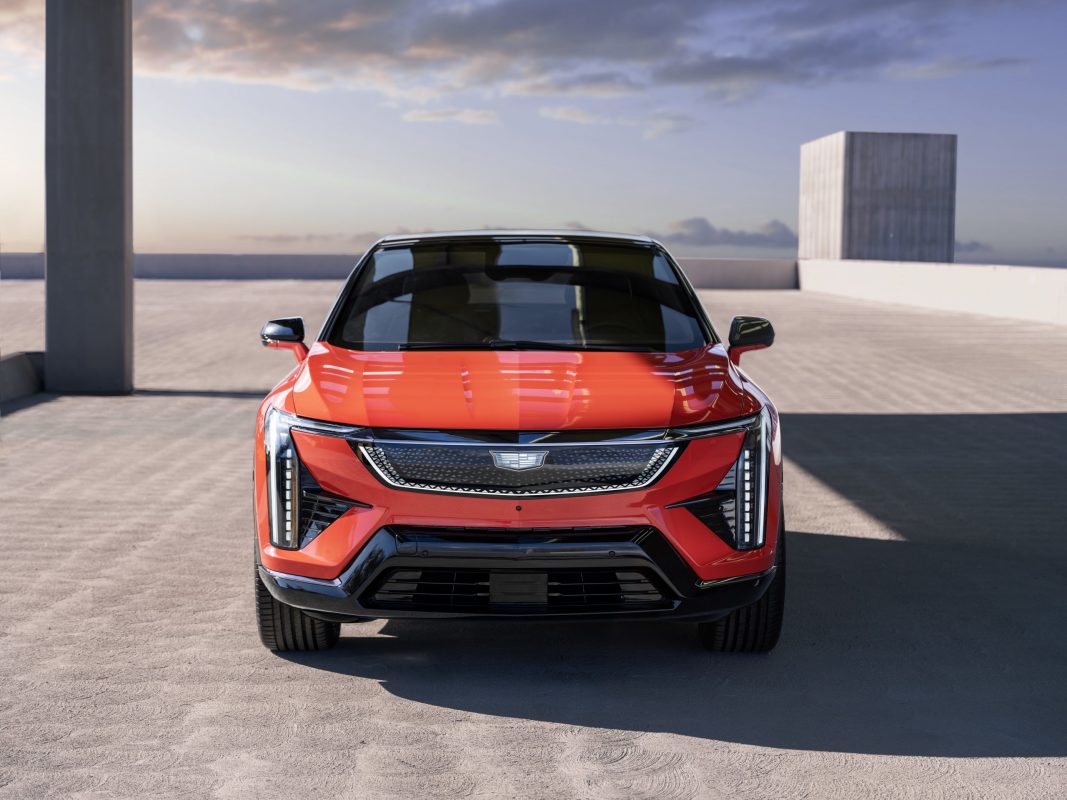
Cadillac
Hyundai will offer a match on all its eligible vehicles between January 3rd and 31st. Mazda will cover the $2,500 rebate on its CX-70 and CX-90 PHEV models between January 10th and 31st.
Related: Toyota’s $10B Woven City: From sci-fi dream to reality
“When the government of Canada implemented its national Electric Vehicle Availability Standard, they promised incentives, infrastructure, and consumer education to support growth,” said David Klan, Mazda Canada president and CEO. “They are not holding up their end of the bargain, and instead are leaving manufacturers to support consumers while trying to achieve the government’s unattainable targets.”
Nissan plans on applying a matching rebate to the Ariya SUV. Volkswagen began offering a temporary EV rebate on its ID.4 SUV when the program’s suspension was initially announced. Toyota and Stellantis haven’t stated whether they would match the now-stalled rebate program on their respective vehicles yet.
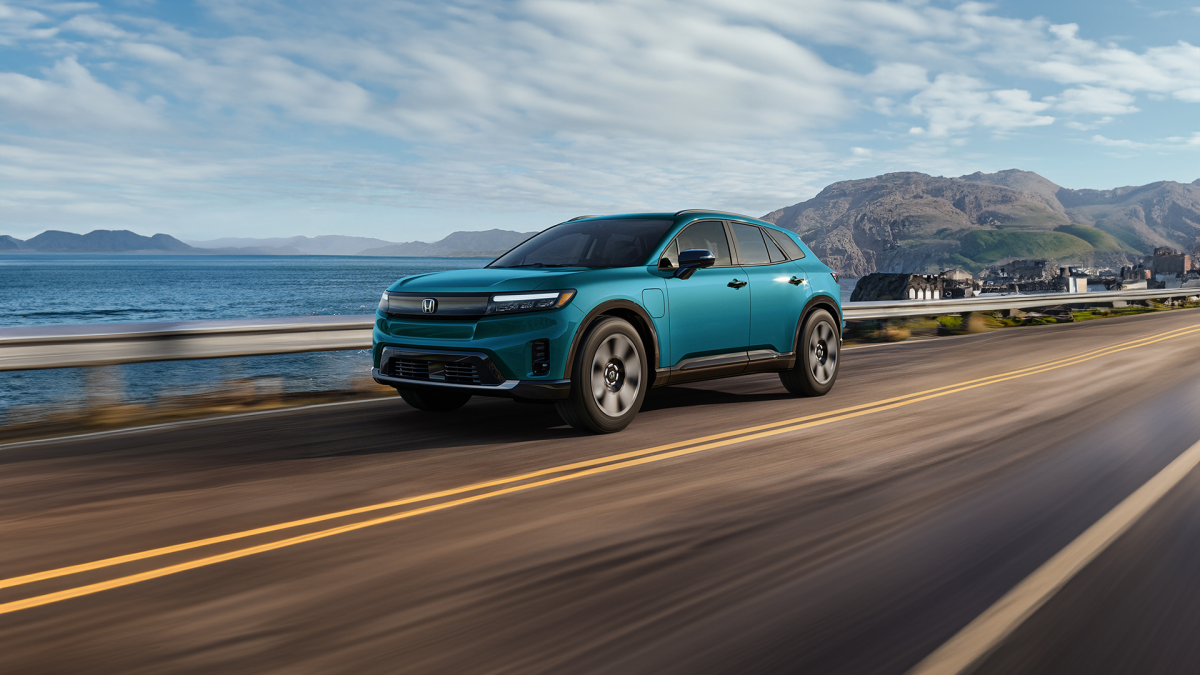
Honda
The United States could lose its EV tax credit as well
While the Canadian federal EV incentive was paused because it ran out of funds, that might not be the case in the United States. Instead, Canada’s southern neighbor could lose its EV tax credit as a part of a revised tax code that targets unfair subsidies.
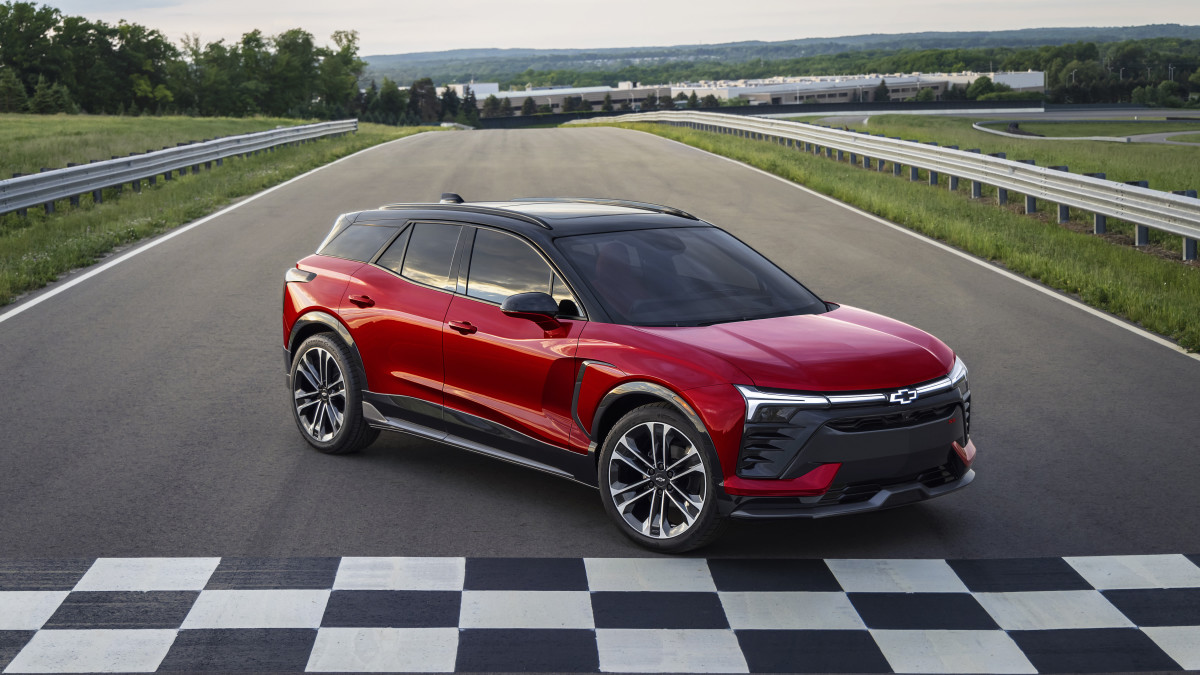
Chevrolet
Currently, federal EV incentives include up to $7,500 for new EVs and $4,000 for used EVs, provided they meet a specific set of criteria. The Trump administration also recently halted the distribution of funds allocated to EV charging infrastructure.
Final thoughts
EVs aren’t off to a great start in 2025, with the Trump administration considering cutting the EV tax credit and Canada’s federal program running dry. Automakers are thankfully stepping in to close the gap, albeit on a temporary basis.
Among other consequences, a lack of incentives could slow EV adoption. However, given the number of EVs on the road and the clear demand for them, automakers could still be incentivized to produce them for years to come.
Related: Joe Rogan’s new Tesla Model S Plaid pushes customization to the extreme